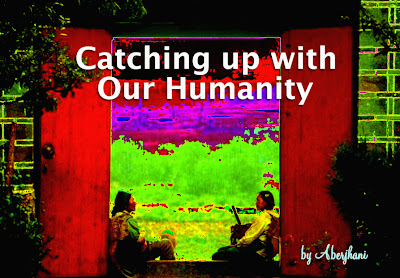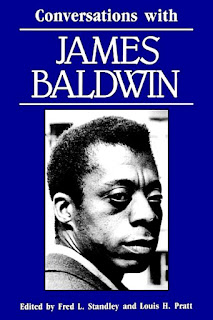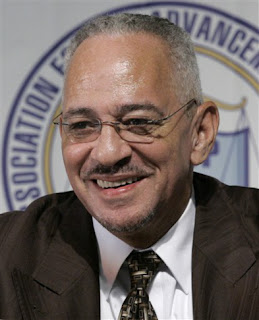Catching up with Our Humanity - Guerrilla Decontextualization

“It has become appallingly obvious that our technology has exceeded our humanity …” -- Albert Einstein Guerrilla Decontextualization is a study of trends in social media, mainstream media, and general human conduct that focus on the practice of intentionally distorting images or information for the purpose of gaining influence or popularity. Examples of it are easy to spot in some 2012 political campaign ads when a candidate for a particular office tries to dig up dirt on another candidate and uses certain phrases from interviews (as well as private conversations) or excerpts from a video, to make it look as if that one phrase or image tells the whole story. It may be that the only true or accurate context for any given event––i.e., the birth of an idea, a conversational exchange, a clash or embrace between two or more entities–– is the moment in which it occurs. Everything else is a slanted interpretation, leaning either more toward or away from unadorned reali


